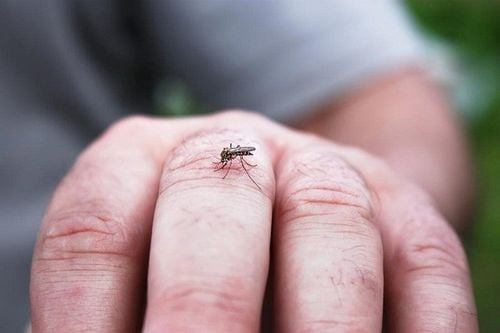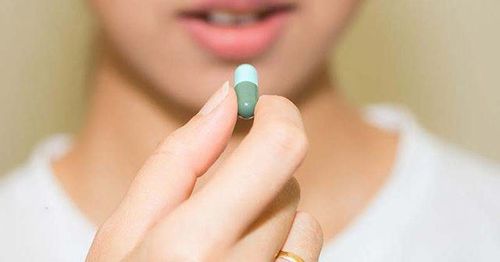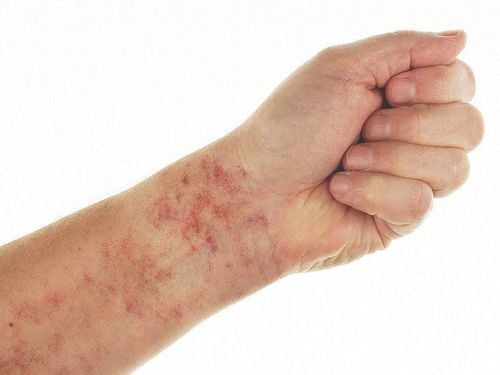The article was written by Nguyen Le Trang- Clinical Pharmacist, Department of Pharmacy, Vinmec Times City International General Hospital.
The Centers for Disease Control and Prevention (CDC) recommends using mosquito repellents to prevent mosquito-borne diseases. In tropical or subtropical countries, mosquito spraying plays a crucial role in preventing diseases such as malaria and dengue fever. Mosquito sprays only work on treated skin areas or nearby skin. These sprays do not kill mosquitoes but instead, deter them from being attracted to those areas.
1. Why do allergic reactions to mosquito repellent sprays occur?
Mosquito sprays contain ingredients like DEET, picaridin, bioDU, eucalyptus oil, and IR3535. These components have been certified by the U.S. Environmental Protection Agency (EPA) as safe, with no serious side effects for humans or the environment.
However, like drug allergies, food allergies, or any other type of allergic reaction, the active ingredients or other additives in mosquito sprays can cause allergic responses in some individuals, even though they do not affect the majority of people.
When these "foreign" substances are introduced, the body’s immune system produces antibodies. During subsequent exposures, these substances bind to the antibodies, triggering the release of histamines and other inflammatory mediators (cytokines, interleukins, leukotrienes, and prostaglandins) into the surrounding tissues. This leads to reactions such as blood vessel dilation, mucus secretion, nerve irritation, and smooth muscle contraction.
Common symptoms of allergic reactions to mosquito sprays include redness, skin itching, and in severe cases, skin peeling or burning. If inhaled or ingested, the reactions can become more severe, including difficulty breathing, nausea, vomiting, and tremors.
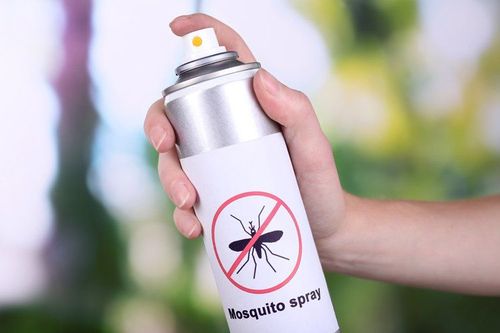
2. How to use mosquito repellent sprays safely
- Opt for plant-based mosquito sprays. If using products containing DEET, choose ones with low concentrations (15%).
- Perform a patch test: Spray a small amount on a small area of skin and observe for 24 hours. If no allergic reaction occurs, it can be used safely.
- Avoid spraying on damaged skin.
- If accidentally sprayed into the eyes, ears, nose, or on injured skin, rinse with water for 15 minutes.
- Refrain from scratching or rubbing itchy areas harshly. Consult a doctor for proper guidance.
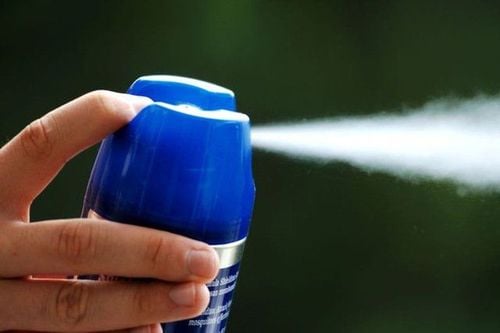
Please dial HOTLINE for more information or register for an appointment HERE. Download MyVinmec app to make appointments faster and to manage your bookings easily.
To arrange an appointment, please call HOTLINE or make your reservation directly HERE. You may also download the MyVinmec app to schedule appointments faster and manage your reservations more conveniently.
